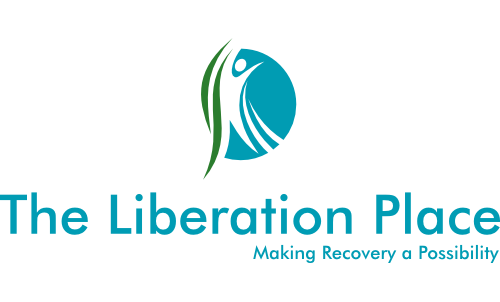The Schema of Approval and Recognition Seeking
When the schema of Approval and Recognition Seeking is activated in our system, it leaves us with either, an excessive emphasis on gaining the approval, recognition, or attention from other people, or a focus on fitting in at the expense of developing a secure and true sense of self. When this schema is dominant, our feelings of belonging, self esteem, confidence, being loved and cared for are dependent primarily on the reaction of others rather than on our own internal knowledge of what we’re doing being enough. The stories that are connected to the Approval and Recognition Seeking schema might not always be obvious for us to see at first. They can sometimes be hidden by the part of our personality that’s acting on the dominance of this schema in our system.
For example, we may see ourselves as humble, sacrificing our needs, and doing things for other people whose needs are greater than our own. However, the actions that we’re taking actually lack humility, and if these things aren’t recognized or acknowledged by the people we’re doing them for, then there’s a reaction in our system that creates a negative emotional experience, causing us to spiral into angry or avoidant behaviours. This schema can sometimes include an overemphasis on our status through appearance, social acceptance, money, or achievement as a means of gaining approval, admiration, or attention from other people. When this sense of status isn’t present, it can leave us feeling a loss of dignity, and this frequently results in making major life decisions that are inauthentic or unsatisfying, or it can leave us with a hypersensitivity to what we perceive as rejection.
“Seeking approval, validation, and recognition from others was something I had done for so long in my life, I didn’t even notice I was doing it most of the time.”
~ Steven Morris RP
In my old life, seeking the approval of others was a big part of the way I did things at times. In social situations, even though I was an introvert by nature, I developed extraverted behaviours so I could get the recognition of my peers that would stop my anxious fearful attachment style from overwhelming my system. If I didn’t get the approval I was looking for, I’d spiral into people pleasing behaviours so I could hear what it was that I needed to hear at that particular time. At times, it felt like there was a part of me that was screaming, “tell me that you love me. Tell me that we are friends, tell me that you won’t leave me.” When I didn’t get the feeling that these things were true, it translated on the outside to someone throwing temper tantrums, basically trying to draw attention to this need for recognition.
I spent years trying to figure out why this story was in my system, never seeming able to discover the plain truth on my own. My therapist and I concluded that we would never really know where this had come from. We assumed it was an unmet childhood need, but decided there was no point in dwelling on the quest for information, so I have to say, it was extremely comforting, and definitely relieving to learn where this had come from, and somewhat fortuitous how I came by this priceless information. Several years ago, my mom was visiting from England, and we were discussing a situation with my daughter, I was trying to motivate her to do something she didn’t want to do.
To my surprise my mom informed me that, “When you were little that was easy, I just told you I wouldn’t be your friend if you didn’t do I wanted you to do.” And so, the metaphorical lightbulb was finally turned on for me. It suddenly all made sense. My people pleasing behaviours came from this family dynamic, and now I knew the reason, I could finally work on letting go of this desire to “people please.” Now, please believe me when I say, I have absolutely no ill feeling, or condemnation of any kind for the origin of this story. In fact, I am very aware that I was extremely loved and cared for greatly as a child. It just wasn’t in the way my highly sensitive parts needed to be loved at that time, and that’s nobodies’ fault at all.
Using the skills of DBT integrated with the theories of Schema Therapy, helped me to let go of this story. This was a liberating experience for me. I no longer needed to be everybody’s friend, and when there was a part of me that did, using the skills of STOP, Checking the Facts, and Planning Ahead to Build Mastery helped me develop the narrative I needed to so I could mindfully remind the little boy that was active in my system that this situation was not 1976, that was then and this is now. Teaching my parts that I have the skills to deal with anything that comes my way, and if someone doesn’t like me for who I am, I do not need to get their approval for anything I do is the essence of Unconditional Self Acceptance.
Download the Schema of Approval and Recognition Seeking Worksheet
Follow us on Social Media





